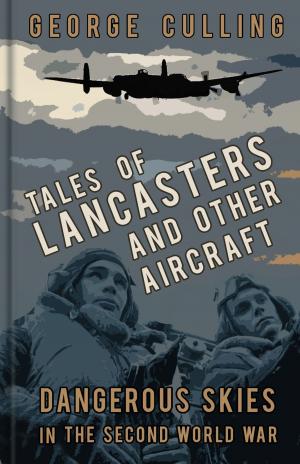| Author: | Tom Hickman | ISBN: | 9780750979566 |
| Publisher: | The History Press | Publication: | August 4, 2016 |
| Imprint: | The History Press | Language: | English |
| Author: | Tom Hickman |
| ISBN: | 9780750979566 |
| Publisher: | The History Press |
| Publication: | August 4, 2016 |
| Imprint: | The History Press |
| Language: | English |
At the outbreak of war, the government short-sightedly allowed thousands of miners to enlist in the armed services. By 1943 the war effort was in danger of grinding to a halt because of a lack of coal. In answer, Minister of Labour Ernest Bevin sought service volunteers, and compulsorily sent 20,000 18-year-olds—who had expected to fight for their country—down the mines with them. Some were so angry that they preferred to go to prison, though the majority went to do their best. But some were psychologically or physically unsuited to such dangerous and arduous work. Many were injured; some died. This study paints a picture not just of the arduous life below ground but as the Bevin Boys found it in the tightly-knit mining communities, which in some cases welcomed them but in others treated them with hostility. This is an enthralling oral and social history of an episode of the Second World War that has never been fully told.
At the outbreak of war, the government short-sightedly allowed thousands of miners to enlist in the armed services. By 1943 the war effort was in danger of grinding to a halt because of a lack of coal. In answer, Minister of Labour Ernest Bevin sought service volunteers, and compulsorily sent 20,000 18-year-olds—who had expected to fight for their country—down the mines with them. Some were so angry that they preferred to go to prison, though the majority went to do their best. But some were psychologically or physically unsuited to such dangerous and arduous work. Many were injured; some died. This study paints a picture not just of the arduous life below ground but as the Bevin Boys found it in the tightly-knit mining communities, which in some cases welcomed them but in others treated them with hostility. This is an enthralling oral and social history of an episode of the Second World War that has never been fully told.















